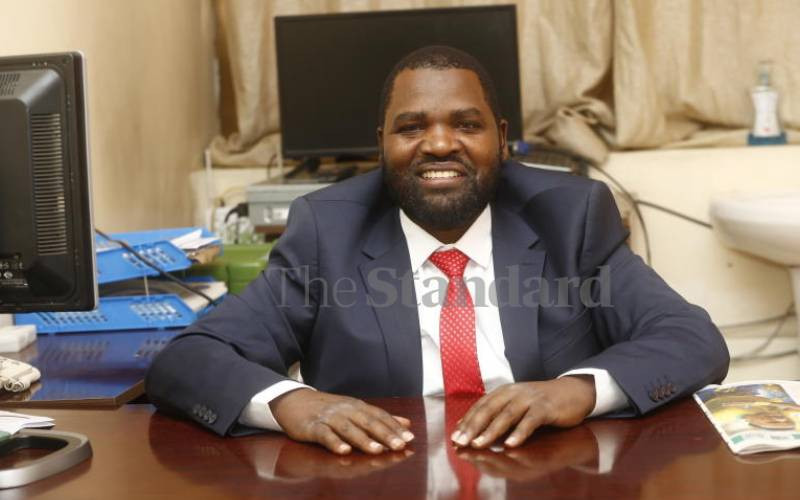×
The Standard e-Paper
Stay Informed, Even Offline

Nearly 20 years ago, Magare Gikenyi was suspended from the university after he disagreed with a colleague.
Dr Gikenyi, 38, went to court on grounds that he had been suspended without being given a hearing.